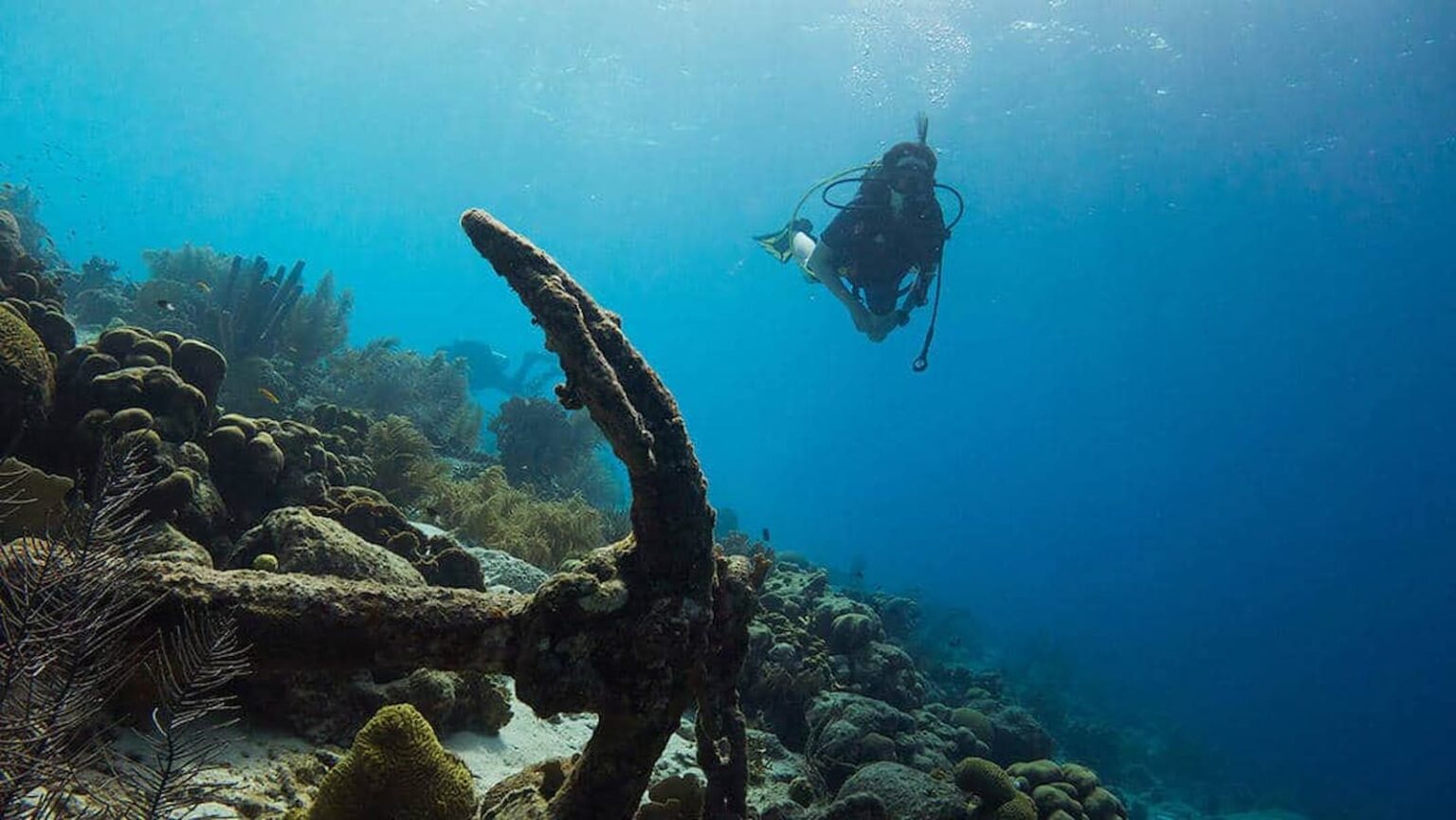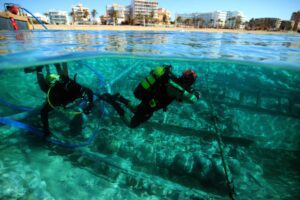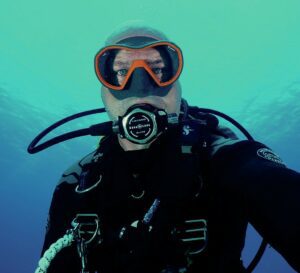Q: My father is an ex-military diver, he is now 68 years old, but has kept up recreational diving for many years since he left the Navy. He has always been pretty fit, but six months ago he had a stroke. He suddenly lost the use of his leg and his speech went. The hospital has been putting him through rehab and he is doing really well – speech is nearly back to normal and he can walk unaided now. I know how much he loves his diving and how good it would be for him to get back in the water, but is it safe?
A: I’m not usually partial to Americanisms, but they have a vivid term for what we Limeys call a stroke – a ‘brain attack’. It does evoke much more succinctly what is going on – a stroke is very similar to a ‘heart attack’ of the brain, where blockage or bleeding of a blood vessel in the brain causes damage and loss of function. It also emphasises the urgency of treatment – again similarly to a heart attack, clot-busting drugs can be administered in certain strokes and can massively improve outcome. The precise symptoms of a stroke depend on the portion of the brain that is damaged, but like a phoenix from the ashes, it has an amazing ability to recover and circumvent injured areas.
You don’t mention whether your father’s symptoms came on soon after diving, but a cerebral arterial gas embolism (CAGE) can look exactly like a stroke – in this case, the cause is an escaped gas bubble blocking a blood vessel. Usually this is apparent during or immediately after surfacing and symptoms are sudden. Resuscitation and recompression are the important emergency treatments here.
It sounds as though your father’s recovery is proceeding well. My concern though is whether he is at risk of a further stroke. Obviously, the hospital will try to control his risk factors as much as possible (treating high blood pressure, diabetes, high cholesterol, stopping smoking – note again the parallels with heart attack), but the fact is that having had one stroke he is more likely to get another. Individual assessment is important though: his general fitness and previous diving experience would count very much in his favour. If he regains full use of his leg and is able to hold a regulator comfortably in his mouth, then he might well be able to dive again. Is it safe? There is no yes or no answer to that, but if progress is good then the risks can be reduced to a potentially manageable level.
Q: I am congenitally deaf in both ears and was lucky enough to be the recipient of a cochlear implant when I was three years old. I’m now 24 and have been wondering for the last few months whether there is any chance of ever going diving. My ears are fine when I fly on planes and I don’t get infections or any other problems from them. Is there any information available on the safety of cochlear implants when diving?
A: Indeed there is. But first a little history, as some of this is great ‘eccentric scientist’ stuff. Apparently the lengthily named Count Alessandro Giuseppe Antonio Anastasio Volta (from whom we get the well-known electrical unit) was the first to discover that sound could be perceived by directly stimulating the auditory system. This he did by sticking a couple of metal rods in his own ears and connecting them to a 50-volt circuit. He experienced a ‘jolt’ and a noise ‘like a thick boiling soup’ (presumably his brain curdling). Nearly two centuries later, some adventurous surgeons zapped an exposed acoustic nerve, whose owner heard sounds like ‘a roulette wheel’ and ‘a cricket’.
These macabre experiments laid the groundwork for the cochlear implant, or ‘bionic ear’. Essentially, it’s a surgically implanted electronic device which directly stimulates auditory nerves. External parts (including a microphone and speech processor) transmit sound signals to an internal receiver (implanted in bone behind the ear) and thence into the cochlea (the hearing bit of the inner ear) via electrodes. Not your average hearing aid, which is basically an amplifier. The results are pretty impressive, especially in those who have grown up with the implants, whose brains have presumably learned to ‘hear’ in a different way. Older recipients are often not as enamoured with the devices; one described a human voice as sounding like ‘a croaking Dalek with laryngitis’.
Anyway, the deal with these and diving is that we need to be sure the various bits will not implode, explode, rust or generally become defective in water and under pressure. In this sense, the situation is similar to the heart pacemaker. The implant manufacturer or surgeon who carried out the procedure should have some data on the safety of your particular device at depth, so you’d be well advised to consult them initially. If all is okay with them, and as long as your middle ears can equalise effectively, then there’ll be nothing stopping you.
Also do read Is it safe to scuba dive while taking antidepressants?








